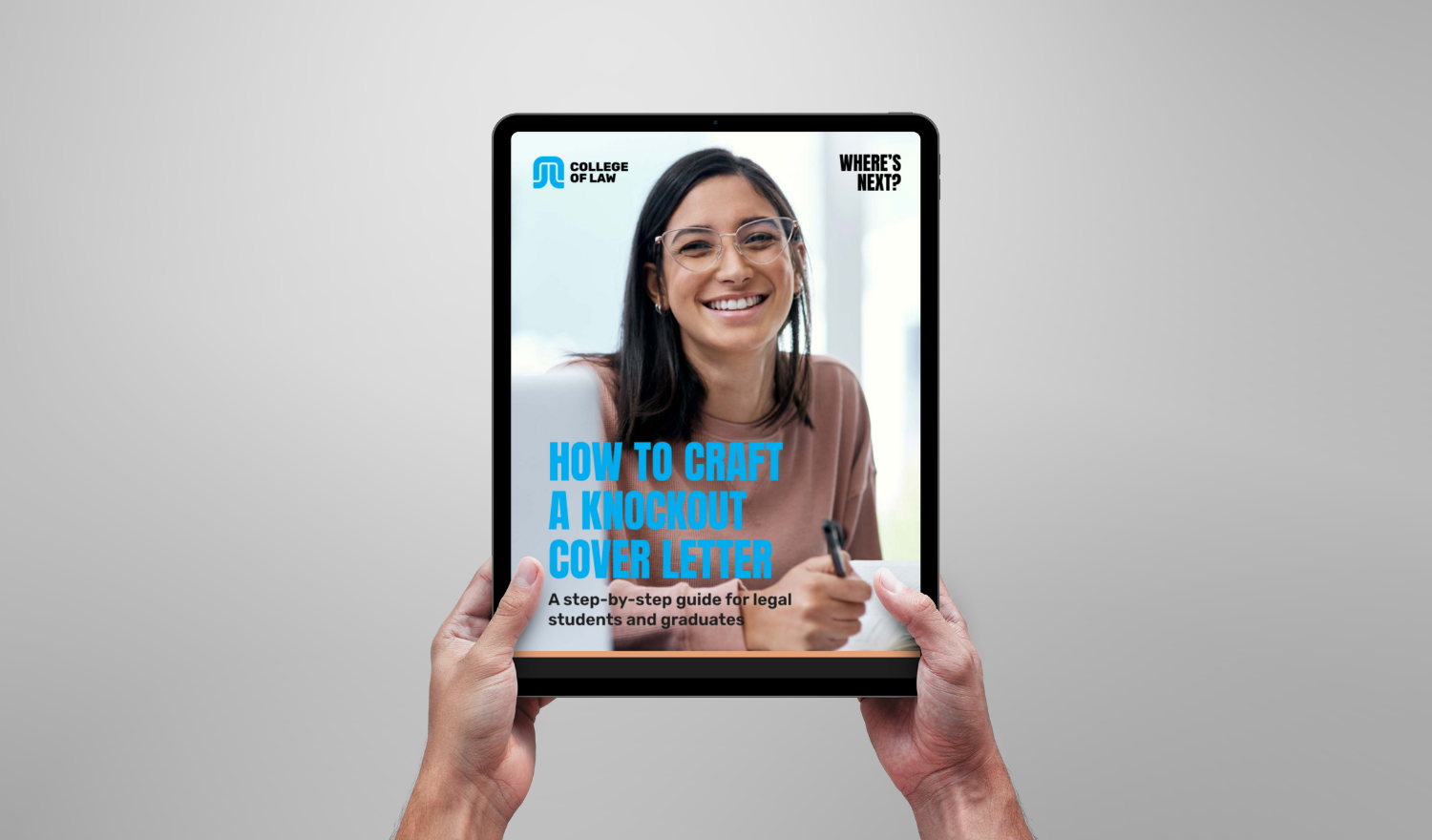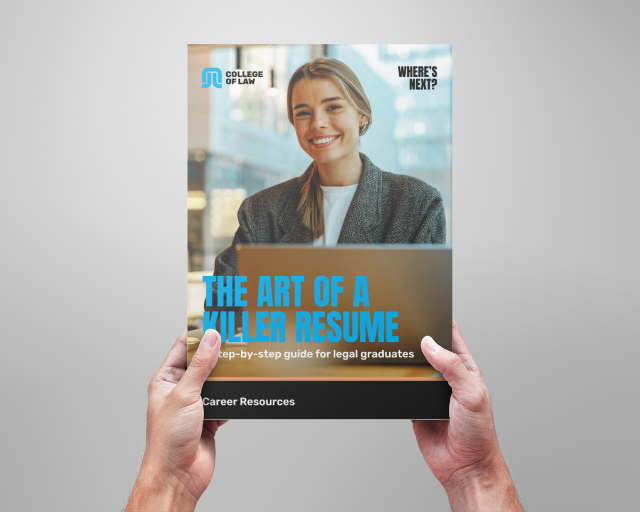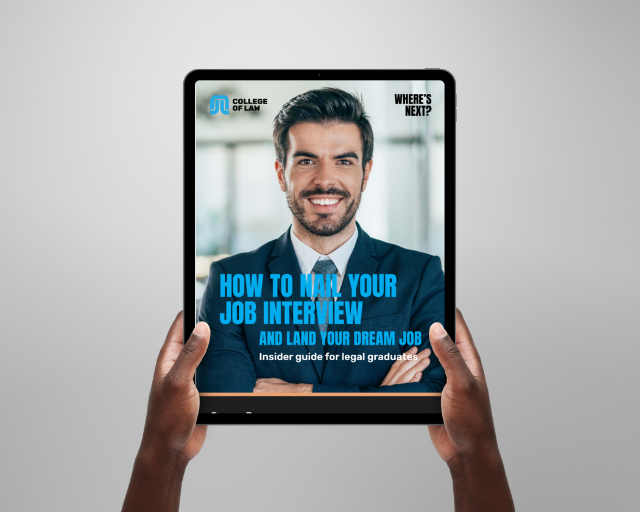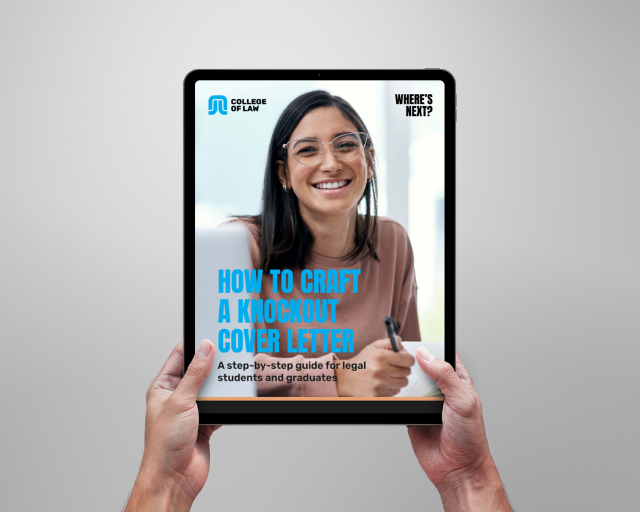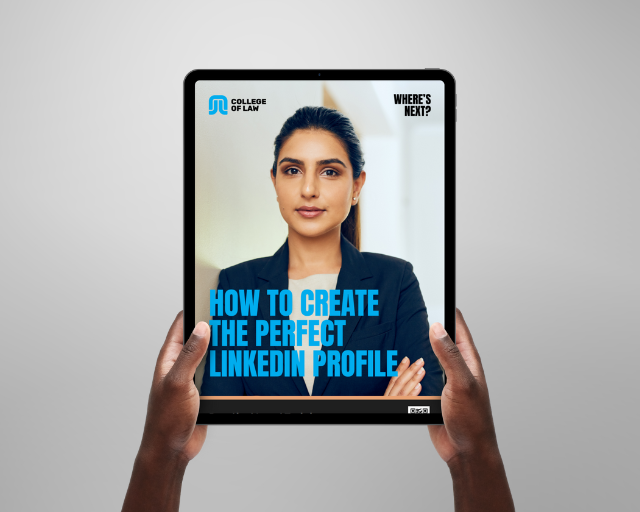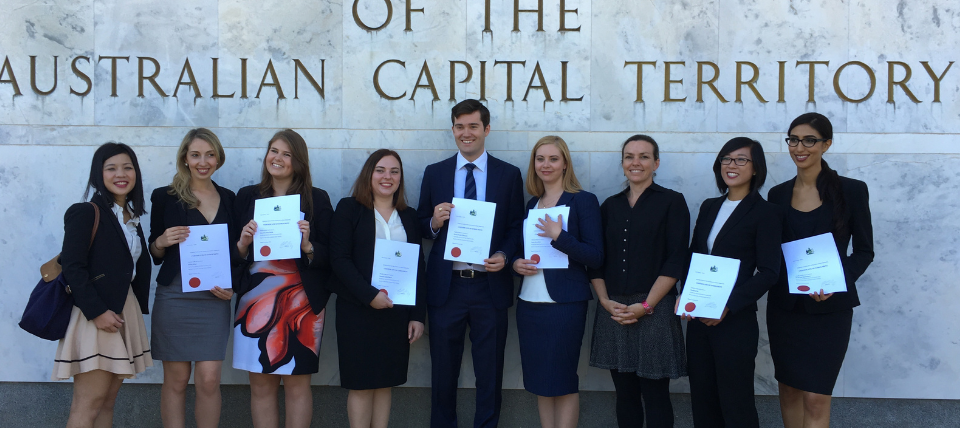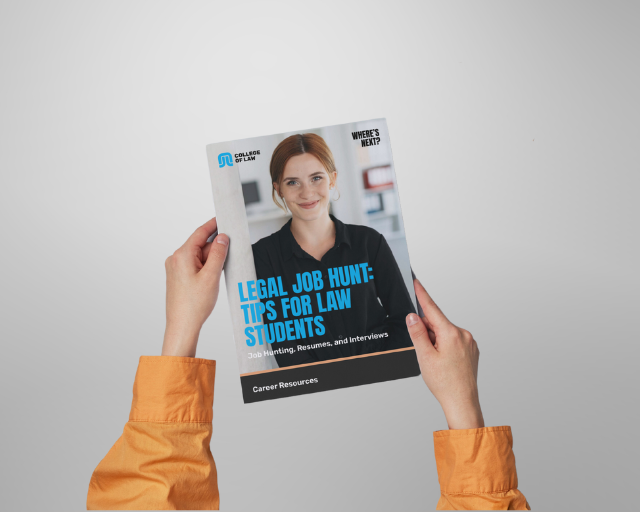When applying for a job, your resume is only one piece of the puzzle. A compelling cover letter is the second vital element to grabbing your reader’s attention.
Think of your resume and cover letter as complementary documents. And that means resisting the temptation to simply repeat key points from your resume.
Instead, focus on delivering compelling new information that hooks your reader in – and leaves them wanting to find out more. Use your cover letter to:
- Elaborate on the relevance of your skills, qualifications and accomplishments to the role
- Address specific selection criteria in the job description
- Demonstrate exactly why you want the role, why you would like to work for the organisation and how your skills, experience and qualifications are a good match
- Convey your unique voice to make your letter memorable
Be sure to make the most of this opportunity to connect with your potential employer and really sell yourself as the ideal fit for the role they’re advertising.
1. What's the deal with cover letters?
Cover letters are time consuming. They need to be tailored – every time. But without one, you’re risking your chances of making it to the next stage of the recruitment process.
The must-haves for every cover letter
Every cover letter should contain:
- The date
- Your contact details (name, phone number, email)
- The details of the recipient (name, position, company, address)
- A personalised greeting (the recipient’s name where possible
- How you came across the job advertisement or the company
- What attracts you to the position and organisation, including original research if possible
- How your experience, skills and qualifications make you an ideal fit for the role
- Why you believe you can be an asset to the team and a good match for the role
- How you will follow up
- A closing and signature
Don’t cut corners
Due to their level of detail, cover letters can often be time consuming. And although it may be tempting, you should avoid using the same cover letter over again.
In fact, your cover letter should be so unique to the role and organisation that you can’t reuse it.
It should refer directly to the organisation’s values and culture – and to specific selection criteria in the job ad. If you rely on a go-to template for each job, recruiters can almost always tell.
Be formal, but human
Throughout the letter, your tone should remain courteous and professional.
However, don’t overdo it by being too formal or going over the top with jargon. Instead, aim for a friendly, conversational tone – without the slang!
To assess the tone of your cover letter, try reading it aloud or using the Read Aloud feature in Microsoft Word.
2. The format to follow
Length - Make every word count
The standard length for a cover letter is less than a page, with three to four main paragraphs.
If the employer has given specific requirements on length and format, follow these exactly. This demonstrates good attention to detail and that you know how to follow instructions.
First paragraph - An introduction that wows
Begin your letter by addressing it to a specific person.
If the job ad doesn’t include a person, do a little digging to find out who this is. Going that extra mile will help you stand out.
The first line of the letter should identify the job you’re applying for, and how you found out about it.
Your opening paragraph should also include a sentence that assures the reader you are genuinely interested in the role. Also show that you’ve researched the organisation, their culture, vision and values.
To find this insider information, go beyond the company website. Be sure to scour the news and online publications – as well as the LinkedIn profiles of the organisation and its leaders.
The Law Society is a good port of call to research firms and the professionals working in them.
Aim to identify one or two points that differentiate the company you’re applying to work for from their competitors. You can speak to these points as the reasons you want to join their team.
Middle paragraph(s) - Promote yourself
This is the place to demonstrate your experience, qualifications, skills and suitability for the position.
Start off by explaining how you meet the key selection criteria (KSC) in the job description. These are the skills, attributes, experience and education that an employer has identified as being desirable for the job.
Many employers will use the KSC to shortlist candidates quickly, so it often determines your ranking for the position.
Failing to address these properly can also mean you get overlooked by the AI algorithms some recruiters use to shortlist candidates. To avoid this, try to use the same language that’s in the job description where relevant.
Go on to prove how you can provide value to the organisation. Use specific examples to demonstrate this by drawing on previous employment, voluntary work and extracurricular activities.
How to promote your skills
In this section, it pays to be specific. Follow the formula of statement, explanation, example.
For instance, instead of writing that you’re ‘experienced in drafting documents’, elaborate by stating ‘as an intern, I drafted supporting documents for a case that was settled in favour of the firm’s client’.
After all, anyone can say they have expertise in drafting documents. You are adding credibility to your achievements by explaining how you acquired your skills and by giving examples of real-life applications.
Closing paragraph - The big finale
Close the letter by reinforcing how you believe you can benefit their firm, and state you’ve also included your resume. If required, refer to any separate documents included, like your academic transcript.
State that you would welcome the opportunity of attending an interview – and sign off with ‘Yours sincerely’, followed by your name.
3. Presenting and polishing
If you’ve made it this far – well done! But don’t stop now. It’s time to hone in on the finer details. This could be the difference between receiving an invite for an interview, or your application being overlooked.
Present it professionally
Cover letters are professional documents, so their formatting should reflect that. Here’s a few pointers to get you on the right track:
- Use a clear, sans serif font such as Arial or Calibri – and keep it to a size 11 or 12
- Break up your text into three or four paragraphs with breaks between each
- Use standard margins – the more white space, the better
- Keep it succinct (cover letters shouldn’t be more than a single A4 page)
Proof read, proof read – and then proof read again
Before sending off your piece, make sure to check carefully for spelling and grammatical errors.
It’s always a good idea to get a second set of eyes to read over it – as you are probably too close to it by now to pick mistakes up yourself.
Even a single typo can indicate poor attention to detail. And in a competitive environment, this can be fatal.
LAW GRADUATE SAMPLE COVER LETTER
Download the full step-by-step guide to writing a knockout cover letter to catch the attention of your potential employer.
